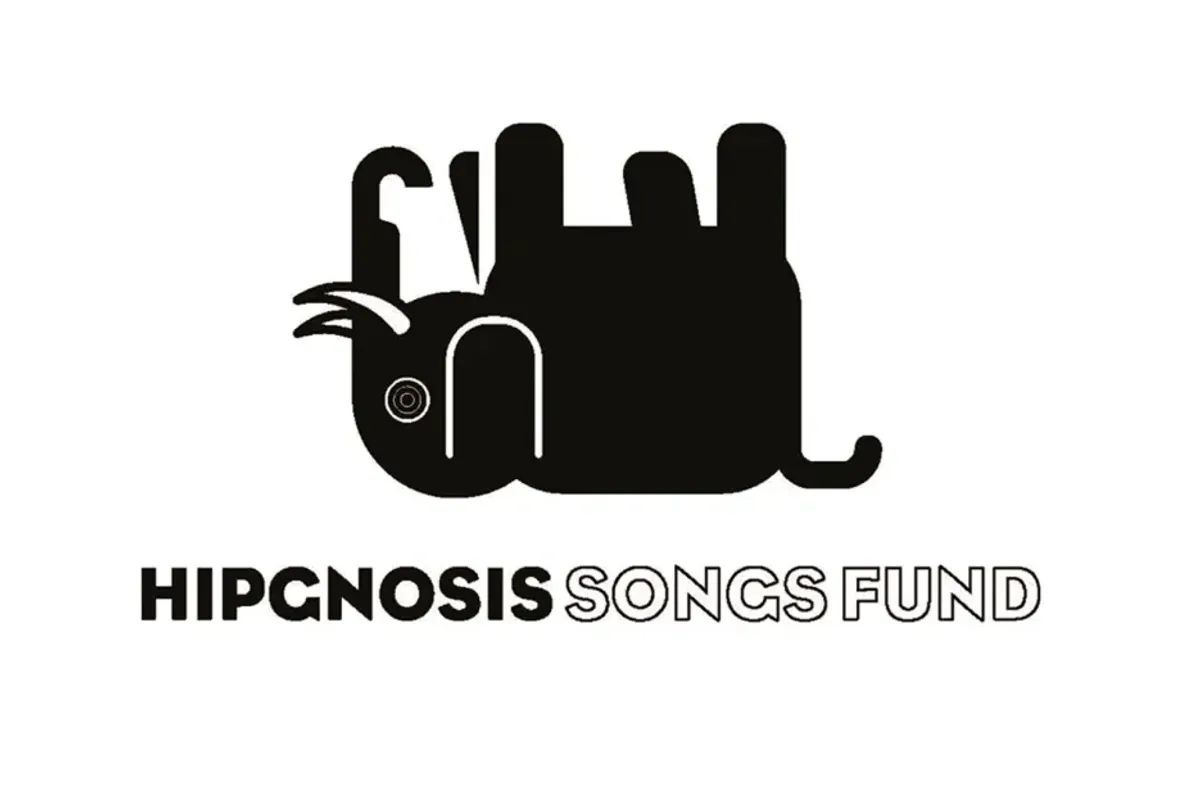Media Beat: January 31, 2020
Print—Help me, I want to subscribe!
I read a lot of newspapers, and magazines.
It goes with the job.

By David Farrell
Print—Help me, I want to subscribe!
I read a lot of newspapers, and magazines.
It goes with the job.
There are hundreds of 'newsies’, from The Economist to PopularMechanics to VanityFair, and a fish-wrap of dailies that I subscribe to for free using a library app that offers me the option to read a single edition–or have ongoing issues added to it.
Surprisingly, Frank magazine isn’t part of the service.
Not surprisingly, the Canadian tattler newssheet isn’t available in Indigo either.
Why?
I'm guessing it is because its chain owner, Heather Reisman, is, understandably, disinclined to promoting the abuse the cheeky Franksters have been known to devote to her worthiness—and her husband with a skyscraping fortune.
And because of the noisy, nosy and unbecoming coverage paid her friends who may or may not stay at the secured compound in a tony section of Toronto where these two hold court in a plothole of deified urban tranquillity
But I digress.
I read a lot of newspapers and magazines and yet I am finding more and more locked down behind a pay wall.
The list is long, and none intones the codswallop lathered on like cream cheese at a bagel shop by a sobriety of Windsor tie-knotted pundits and commentators we are led to believe know stuff and are willing to share.
Of course, rarely do they...share. Instead, most times, what we get is a cabal of insiders seriously yucking it up in front of us, giving us the knowing look that tells us they know much and aren't going to share the good stuff with us. Perhaps it's because they are sworn to secrecy, the inside sources don't want to be exposed, or legal beagles have warned them that too much information isn't always a good thing.
As an aside, why is it that newscasters and politicians wear the same bromidic gear worn by sportscasters, and affect the same dental-enhanced smile as some photoshopped model pimping toothpaste?
As a further aside, do any of these unctuous Tweedledums shop with their eyes open--or have any idea just how foolish they look dressed up like accountants with ties that scream 'undercover cop'?
Of course, not all the gleaming smiles are stiffly attached to guys with ties, but the other half seems less inclined to wearing outfits that mix colours and patterns that brashly clash like a clown closet owned by Don Cherry.
Against this, most newspaper scribblers look as if they had spent the night on a park bench, or reading a wretchedness of press releases that led to an inchoate state of involuntary depression.
Truth be told, I'm guessing the 'Columbo' look is a mix of both with a topping of real fear for a professional livelihood.
But, again, I diverge from the central issue dealing with print subscriptions.
I read a lot, and I receive a lot of desperate e-mails begging for my dollars to subscribe.
What they miss in the pitch is that I want to subscribe.
I want to engage.
I want to plonk my credit card down and support good journalism—but the sheer number of petitions overwhelms me.
What I want is an option to bulk subscribe, as one can with those awful, awful cable packages offered by a finity of sanctioned providers.
I want a package that offers me multiple choices, with tiered pricing.
I want the LA Times, The New York Times, The Globe and Mail, The Star, the National Post—and I also want The Economist, Rolling Stone, The Guardian, Jerusalem Post, Billboard, Variety, The Telegraph, The Times of India, the WSJ, The Washington Post and a dozen more.
And these are the newspapers I want to subscribe to.
Add in the magazines, Frank included, and I’m game.
I don’t want to have to individually subscribe.
It’s too much aggro, and way too much money.
Give me reasonable options.
Give me a break.
Pull it together.
Offer me the choice to make things simple for me—and my pocketbook.
I don’t want to be managing a dozen or more subscriptions, and I don’t want a swarm of ever descending monetary offers screaming ‘sign up now’.
And I definitely don’t want a sanitized wash of lamestream publications pushed at me.
I want a list that offers PrivateEye and Frank magazine, along with a long-list of dailies and mags that may or may not be affiliated with political parties—or funded by the scrupulously disciplined hallmarks of free enterprise that are owned by the largest corporations in the western hemisphere, and a twizzle of marijuana purveyors rolling about in the weeds.
I want choices.
I don't want prescribed lists, and I certainly don't want a prescribed list that limits my choice as chain restaurants do with bought-and-paid-for affiliations to Coke or Pepsi.
And I don't want the mumbo-jumbo BS that the idiocy AI offers either.
Google fails me.
Spotify fails me.
As do all AI-powered AI know-it-alls.
Understand AI for what it is.
Advertiser-driven Idiocy.
The chance in AI giving you what you want is as remote as winning a prize in a gumball machine—or reaching a salaried and informed employee on a customer-care support line.
Or landing a pickerel using a Lego block as a lure.
Media need to adjust and stop believing that audiences are singular, and subscribers are loyal.
Newspapers and magazines are dying breeds, and the solution is to band together and take less and gather more readers and understand that the future is not in verticals but in the mass.
The media need to adopt a playlist psyche and get on board with readers and understand that the readers aren’t subscribing to narrowcast verticals anymore.
Turn the tap off and editorial teams are blighted by scoops that only the last remaining readers read.
Turn off the tap without something as unique as the Sunday crossword in the NYT and you are as invisible to the world as a Republican with a conscience.
As invisible as God is in Syria.
As invisible as a year-long investigative story hidden behind a pay-wall in the New York Times.
As invisible as Frank magazine on an Indigo newsstand.
I want a choice, and I want options,
I don't want to bother with myriad subscriptions.
Figure it out for me, the reader, or be mulched like a Gideon bible in a motel bulldozed to build another casino with free parking and some relic's name misspelled in half-lit neon on a cracked plastic marquee in the middle of nowhere.
Super Bowl performances add super-$ized platform reach
The NFL is set to release a visual album containing every musical performance at Super Bowl LIV, including the halftime show with Jennifer Lopez and Shakira, the National Anthem with Demi Lovato and America the Beautiful with Yolanda Adams. The performances are to be punted for streaming and purchase on Spotify, Apple Music, YouTube and other digital services shortly after they happen. – Billboard
The alarming rise of smart camera networks
Private businesses and homes are starting to plug their cameras into police networks, and rapid advances in artificial intelligence are investing closed-circuit television, or CCTV, networks with the power for total public surveillance. In the not-so-distant future, police forces, stores, and city administrators hope to film your every move — and interpret it using video analytics. – Michael Kwet, The Intercept
The Guardian rejects fossil fuel ads
The Guardian will no longer accept advertising from fossil-fuel extractive companies on any of its websites and apps, Chief Customer Officer Anna Bateson and Chief Revenue Officer Hamish Nicklin announced in a blog-post Wednesday morning.
Also, ads from those companies will not appear in the Guardian, Observer and Guardian Weekly in print. – Sara Guaglione, MediaPost
Quantum cognition theory explains why humans make stupid decisions
Psychologists and casinos have spent untold resources trying to figure out why humans don’t always make the correct choices, even when the consequences are apparent. Theoretically, we’re all capable of making simple, smart choices – but who among us hasn’t made a regrettable decision or two in their lives? Why is nobody perfect?
The answer is uncertainty, as in the kind of uncertainty that drives quantum mechanics theories. – Tristan Greene, TNW
Hackers stole $13,103.91 from me. Learn from my mistakes
Here are three simple ways to protect yourself from common hacks – Sara Morrison, Recode

















